Court of Appeal Declares Kindiki’s Appointment Legally Flawed
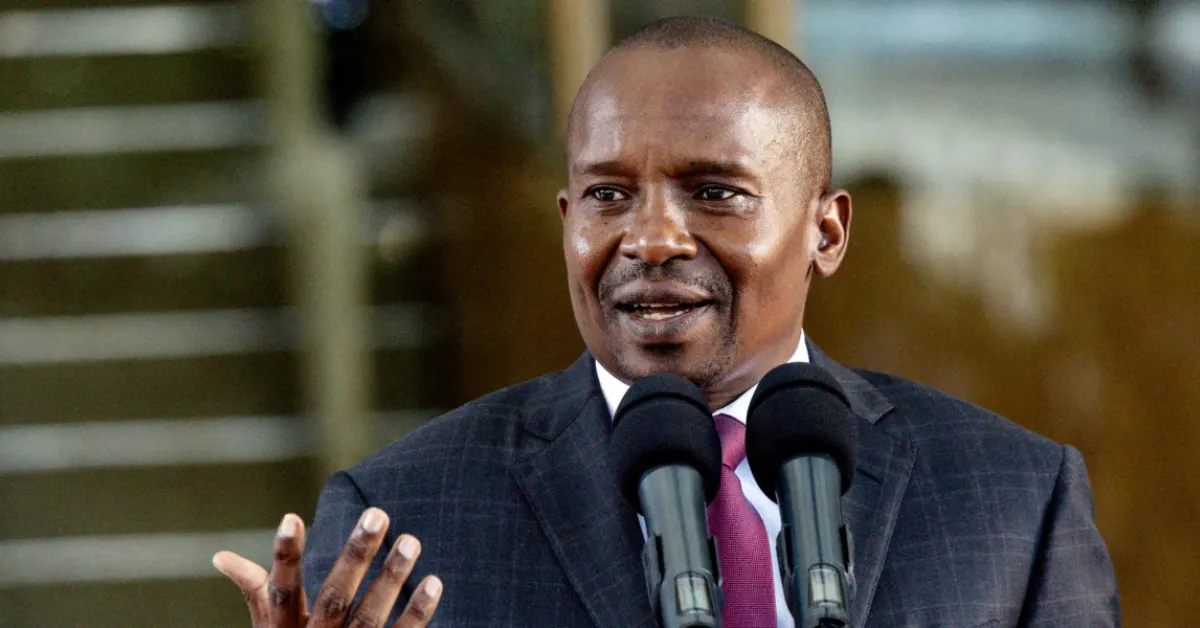
A legal and political crisis is brewing in Kenya as a recent Court of Appeal decision has cast a doubt over the legitimacy of Deputy President Kithure Kindiki's appointment.
The ruling has declared that the High Court bench initially responsible for clearing the path for Kindiki's swearing-in was improperly constituted. The core of the issue stems from the impeachment of former Deputy President Rigathi Gachagua, a process marred by legal challenges and political undercurrents. Amidst the Gachagua impeachment proceedings, Kirinyaga County residents David Munyi Mathenge and Peter Gichobi Kamotho sought legal intervention, securing a temporary injunction from Justice Richard Mwongo to halt the implementation of the Senate's resolution to remove Gachagua from office.
Recognizing the significance and complexity of the matter, Justice Mwongo referred the case to Chief Justice Martha Koome for the formation of an expanded bench. However, in a move that the Court of Appeal has now deemed unconstitutional, Deputy Chief Justice Philomena Mwilu issued a notice appointing a three-judge bench to hear the case. This decision has been criticised as an overreach of her constitutional authority. The appointment of the three-judge bench by DCJ Mwilu immediately triggered concerns among legal experts and political analysts, who questioned the constitutional validity of her actions.
Article 165(4) of the Kenyan Constitution explicitly grants the power to empanel such benches solely to the Chief Justice. As this legal drama unfolded, President William Ruto nominated Kithure Kindiki, then serving as the Interior Cabinet Secretary, to fill the Deputy President's position. The National Assembly swiftly approved this nomination. Concurrent to this political development, legal challenges to Gachagua's removal and Kindiki's subsequent appointment continued to escalate. Justice Chacha Mwita issued an order suspending the Senate's resolution and blocking the appointment of Gachagua's replacement, further complicating the scenario.
Despite these legal hurdles, the bench appointed by DCJ Mwilu convened and scheduled a hearing for the Kerugoya case, intensifying the controversy surrounding the legitimacy of the proceedings. Petitioners in the case strongly objected to the bench's handling of the matter, asserting that only the Chief Justice had the constitutional power to empanel such a bench. Their argument was rooted in the premise that Deputy Chief Justice Mwilu lacked the constitutional mandate to act in this capacity.
On October 31, 2024, the expanded bench, reconvened to handle both the Nairobi petitions assigned by CJ Koome and the Kerugoya case assigned by DCJ Mwilu. Following an application by the Attorney General, the bench lifted the conservatory orders previously issued by the High Court in Kerugoya, enabling Prof Kindiki’s swearing-in on November 1, 2024. This action formally established Kindiki as Mr. Gachagua's successor. However, the Kerugoya petitioners protested the bench's involvement in their case, arguing that DCJ Mwilu lacked the legal authority to appoint it.
They also claimed that the empanelment, conducted at night, was unconstitutional and excluded earlier petitions not assigned to any bench. They accused DCJ Mwilu of bias in favour of the government, undermining judicial impartiality and violating constitutional principles of fairness. On Friday, the Court of Appeal concurred, ruling that no justification had been provided for why the DCJ assumed the CJ’s role, nor why the Chief Justice was unavailable to act.
The Court of Appeal's decision has created significant disarray, raising serious concerns about the validity of Kindiki's appointment and the legal basis for his continued tenure as Deputy President. A complicating factor is that the Constitution does not specifically address a scenario where a sitting Deputy President is removed from office through a court order. The three-judge bench and parties are expected to address whether the actions taken by the unconstitutionally empanelled bench remain valid.
Should a ruling nullify those actions, the country could face a constitutional crisis of significant magnitude. In response to these developments, the Court of Appeal has urged the Chief Justice to issue practice directions clarifying how parties may access urgent court interventions on weekends and public holidays.
“This is necessary given that the Judicature Act still provides that the official working hours of the Judiciary are Monday to Friday. Since matters are now filed electronically any day and hour of the whole week, we do not think there is anything wrong with a judge or a bench issuing directions on a Saturday, Sunday, or public holiday, as long as the directions are not prejudicial to any party,” the judges ruled.
This directive aims to streamline procedures and ensure fair access to the judicial system outside of traditional working hours.

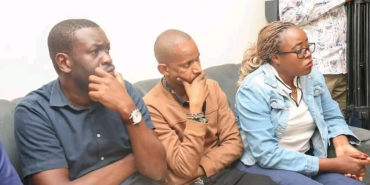

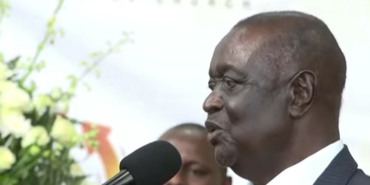

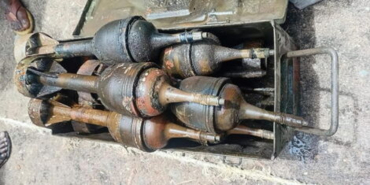
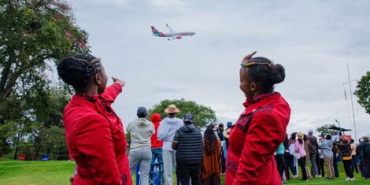
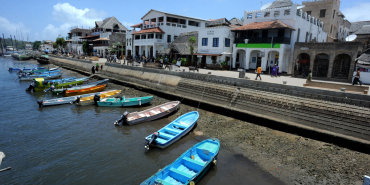
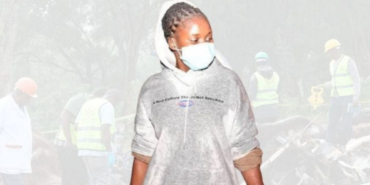





Add new comment